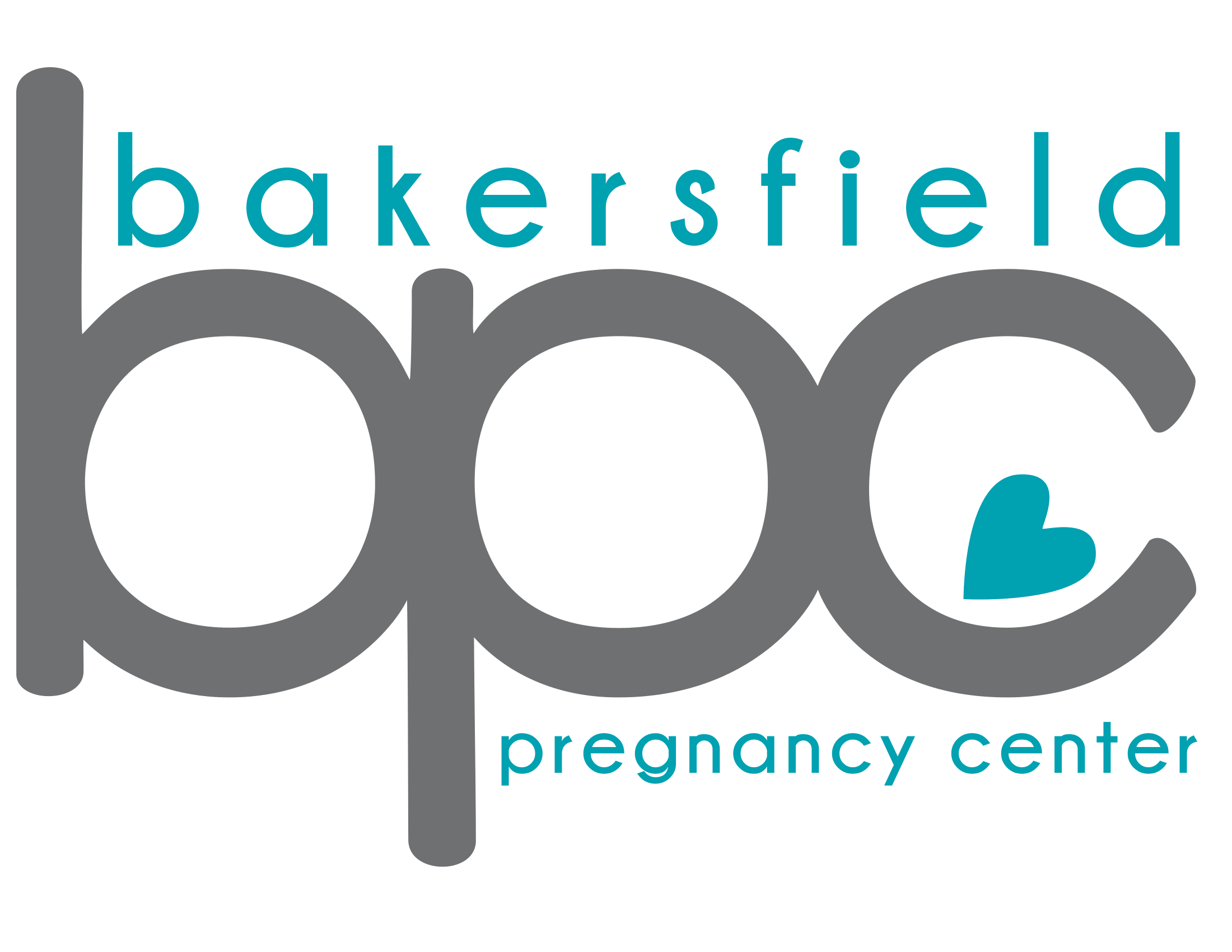Ultrasound Importance
Is Abortion Legal in
California?
At the time of writing (March 2024), abortion is legal in California up to viability. Viability refers to the point in pregnancy when a fetus is developed enough to survive outside the womb with medical help. Viability occurs at approximately 24 weeks of pregnancy[1]. Although ultrasounds aren’t required prior to abortion in California, we strongly recommend it. Keep reading to find out why.

Is Abortion Legal in
California?
At the time of writing (March 2024), abortion is legal in California up to viability. Viability refers to the point in pregnancy when a fetus is developed enough to survive outside the womb with medical help. Viability occurs at approximately 24 weeks of pregnancy[1]. Although ultrasounds aren’t required prior to abortion in California, we strongly recommend it. Keep reading to find out why.


Why Do I Need an Ultrasound?
You may be wondering why you’d want an ultrasound, especially if you’re considering abortion. The answer is that ultrasounds provide the insight needed to make an informed and empowered decision for an unplanned pregnancy. They determine two key things about your pregnancy: viability and gestational age.
What is Pregnancy Viability?
A viable pregnancy means that, in the early stages, growth and development are progressing as expected. For example, after about 6 weeks gestation, the embryo’s heartbeat can be detected by an ultrasound[2].
This is critical information because a significant number of pregnancies end on their own in miscarriage[3]. The ultrasound also can show if the pregnancy is inside the uterus. A small number of pregnancies form outside the uterus, known as ectopic pregnancy. Not only can ectopic pregnancies be life-threatening, but the abortion pill doesn’t treat them[4]—in either case, abortion is no longer an option to consider.
What is Gestational Age?
Gestational age refers to how far along you are in your pregnancy. It’s important to know your gestational age) since the abortion pill is only FDA-approved for up to 10 weeks from your last menstrual period[5]. If you’re considering traveling out of state for an abortion, be aware that the surrounding areas may have gestational age limitations as well.
Free Ultrasounds in
Bakersfield, California
No matter where you are in your unplanned pregnancy journey, you aren’t alone. Our ultrasound-trained personnel are here to provide the support and vital information needed to make an informed decision.
Don’t wait to get the care you deserve! Call us at (661) 326-1907 or schedule your appointment online today.

Sources
- Proclamation on Reproductive Freedom. (2019, May 31). Retrieved from https://www.gov.ca.gov/wp-content/uploads/2019/05/Proclamation-on-Reproductive-Freedom.pdf Breborowicz, G. (2001, January). Limits of fetal viability and its enhancement. U.S. National Library of Medicine. https://pubmed.ncbi.nlm.nih.gov/11753511/
- Fetal Development. Cleveland Clinic. (2023, March 3). Retrieved from https://my.clevelandclinic.org/health/articles/7247-fetal-development-stages-of-growth
- Mayo Clinic. (2023, September 8). Miscarriage – Symptoms and Causes. Retrieved from https://www.mayoclinic.org/diseases-conditions/pregnancy-loss-miscarriage/symptoms-causes/syc-20354298
- FDA. (2023, September 1). Questions and Answers on Mifeprex. U.S. Food and Drug Administration. Retrieved from https://www.fda.gov/drugs/postmarket-drug-safety-information-patients-and-providers/questions-and-answers-mifeprex
- Center for Drug Evaluation and Research. (2021, December 16). Mifeprex (Mifepristone). U.S. Food and Drug Administration. Retrieved from https://www.fda.gov/drugs/postmarket-drug-safety-information-patients-and-providers/mifeprex-mifepristone-information
